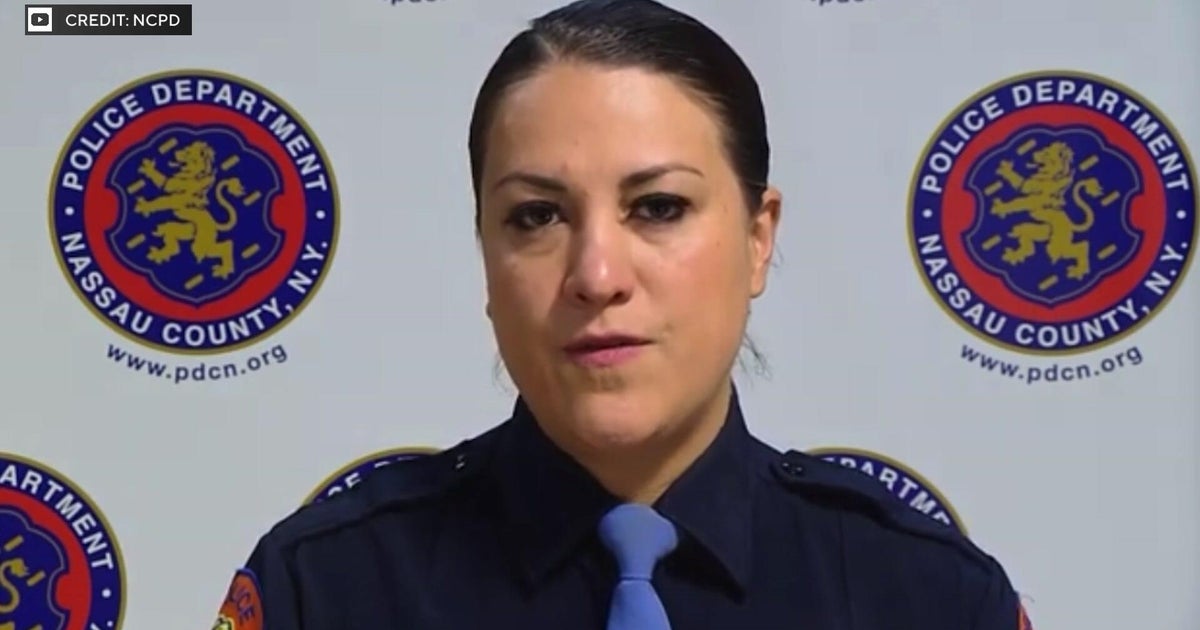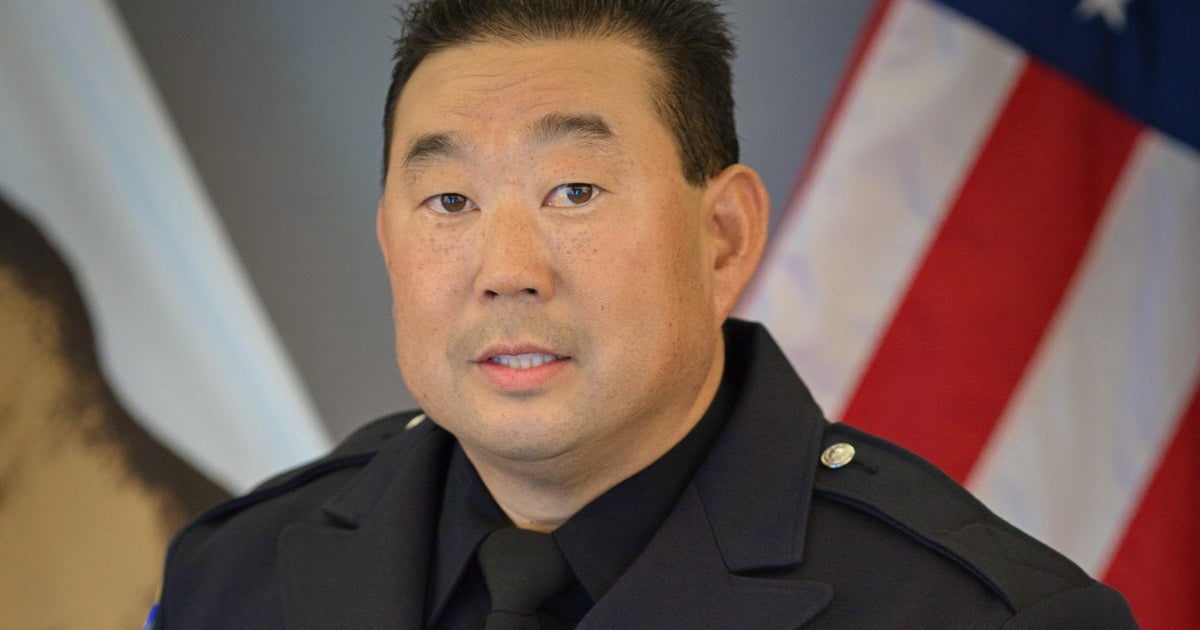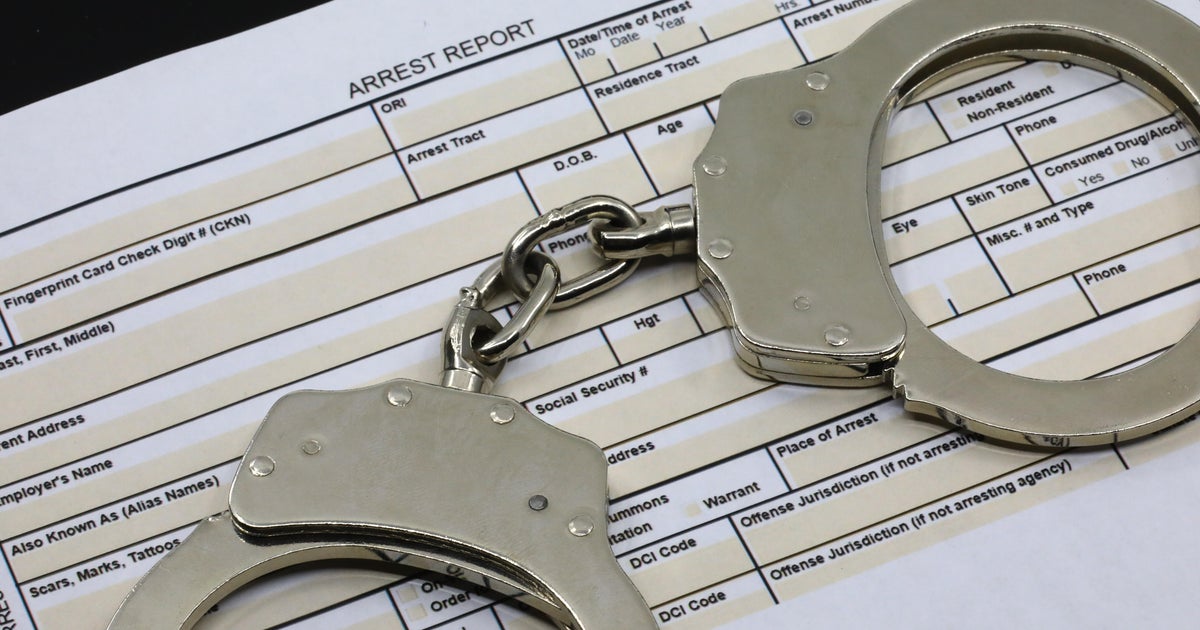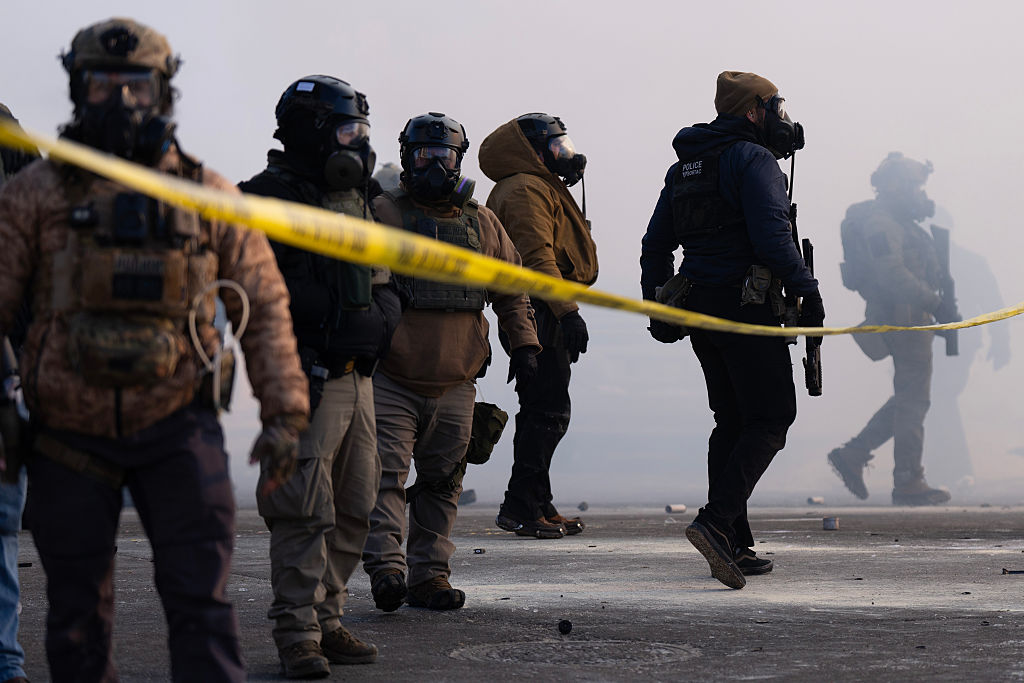DA looking at Rayshard Brooks shooting says charging police officers is an "important" role of prosecutors
Fulton County District Attorney Paul Howard will be making the decision on whether to charge one or both of the Atlanta police officers involved in the death of Rayshard Brooks. Howard said he is reviewing ballistic evidence before making a final decision.
He must try to determine if the officer thought his life was in danger when he fired the fatal shots that fatally hit Brooks in the back, and he doesn't want to rush his decision.
"I think that we have to make a change in this country," Howard told CBS News correspondent Jeff Pegues.
Howard said he knows he's under a microscope. Charging an officer with murder is extremely rare and the district attorney has to work with law enforcement on a day-to-day basis.
"We as prosecutors have got to quit offering that excuse. One of the most important things that a prosecutor can do is to charge a policeman," Howard said.
Investigators are examining body-cam and surveillance footage. And Howard revealed for the first time he is looking into whether officers may have picked up shell casings on scene after the shooting, which means he could be considering tampering with evidence among the possible charges.
Based on the footage of the shooting of Brooks, the officer's use of force was "probably not necessary," said Jason Johnson, who was in charge of training when he served as deputy police commissioner in Baltimore.
Johnson said not all use of force cases are cut and dry, even with video.
"Here you have an actively resistant person who's removed a taser from a police officer, fled, turned around, apparently deployed the taser. … There's always the potential he could incapacitate the officer," he said.
The recent deaths of black men in police custody and the protests they have led to are impacting policing across the United States.
Nashville and Seattle became the latest cities to ban chokeholds on Monday, a policy shift becoming more common since Minneapolis banned them after George Floyd's death.
And in New York City, NYPD Commissioner Dermot Shea announced he was disbanding the department's anti-crime unit. The 600 plain-clothes officers will be reassigned to other duties to help build trust with the communities they serve, he said.
"Make no mistake, this is a seismic shift in the culture of how the NYPD polices this great city," Shea said at a press conference.
Even with these changes, protesters are calling for more. They want officers held accountable for their actions, whether that means defunding police departments or making it easier to charge officers when they commit crimes.



